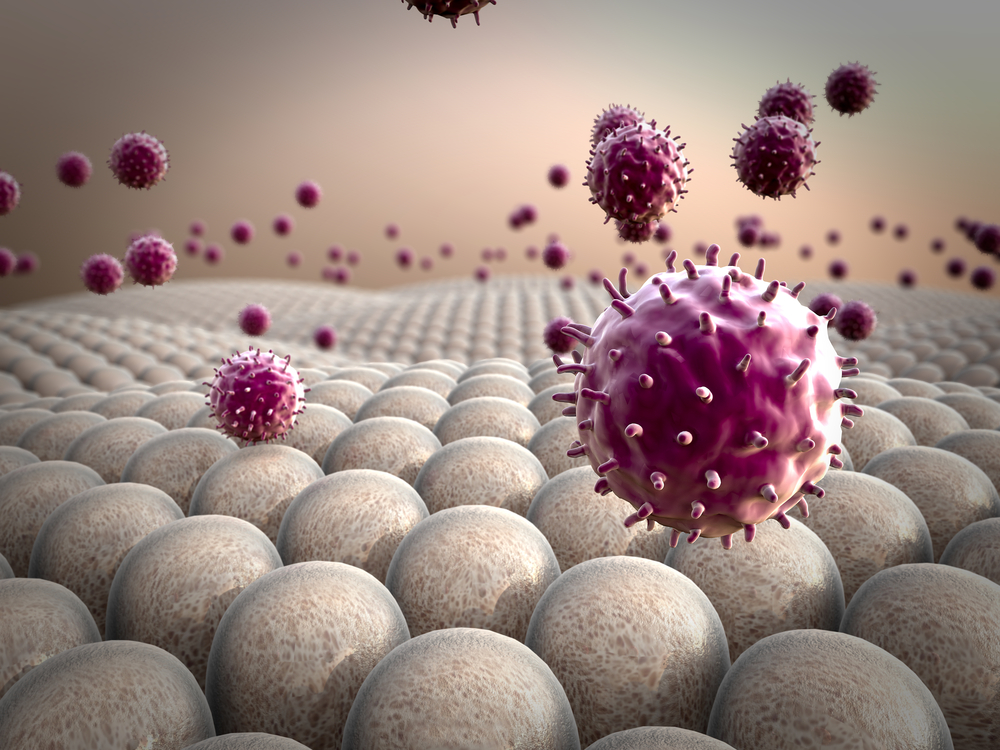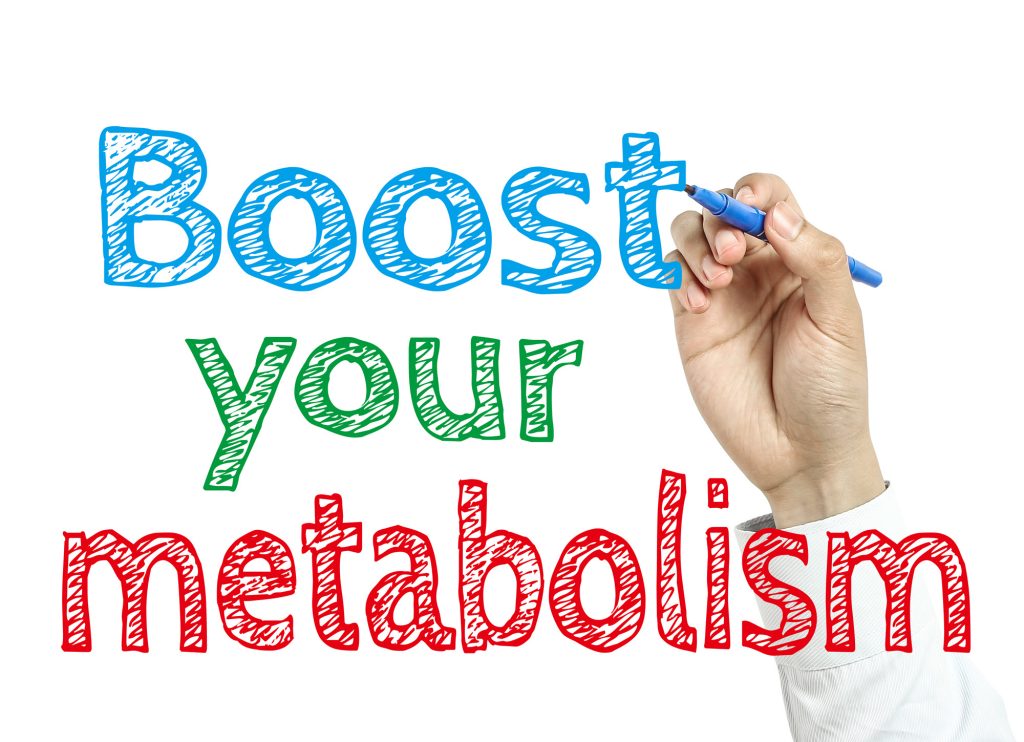Metabolism damage is a common side-effect of the aging process. Common but not necessarily natural. And, our life and lifestyle determine how much damage our metabolism sustains.
Maybe you’ve been through a stressful period … you know you’re not eating healthy … or you’re just feeling like your metabolism has slowed down as you’ve gotten older. Whatever the case may be, we’re going to talk about some ways on how to fix metabolism damage and get your body back on track.
Dr. Gala’s Quick Take
Yes, metabolism damage can be fixed by adopting a healthy, balanced diet and regular exercise to enhance metabolic rate. Increasing protein intake, staying hydrated, and ensuring adequate sleep are also key strategies to repair and boost metabolism.
How Does the Metabolism Get Damaged
Metabolism is, essentially, your body’s ability to burn calories and process nutrients. When your metabolism is damaged, it is impaired. This can lead to weight gain, sluggishness, and many other symptoms.
The good news is … there are ways to reverse it.
It can be helpful to understand how the human metabolic process works. It might sound complicated, but it’s actually just the way our bodies break down the food we eat and turn it into energy.
In this video, the graphic I share shows how our body also uses the air we breathe and water we consume (sometimes in our food) in the process of creating energy.
You can think about it this way … our body uses everything it takes in to try to create energy. Some things are easy to use and others actually make it harder for your body to use the resources it has available.
Obstacles in the Metabolic Energy System
Toxins are often the obstacles that your metabolic energy system has to find a way to deal with … since the normal detoxification process doesn’t work with these substances.
It simply wasn’t designed to handle some of the modern sources of toxicity!
And, it’s not just the sources … it’s also the concentration.
We have no control over these processes … other than to make sure that we’re not doing anything that makes it harder to get the job done.
Our breathing is automatic. When we eat food, it goes through a process called digestion … also automatic.
The food is broken down into smaller molecules that our bodies can use. These molecules include things like carbohydrates, proteins, and fats.
All of these molecules (even the toxins that come along for the ride) get absorbed into our bloodstream and transported to our cells. Your body tries to convert them into a molecule called ATP.
Factors That Affect Metabolism
ATP can be thought of as the fuel that our cells use to power all the things they need to do … like contracting our muscles, producing heat, and even just keeping our organs functioning.
But here’s the thing … our bodies are really smart and know how to filter what can actually be used to create energy. So, our metabolic rate adjusts to compensate based on what it has to work with.
There are a few things that can affect our metabolic rate that tend to compound the problem. For example, age, genetics, environment … and certainly toxins … all play a role. Our diet and exercise habits are other contributing factors.
Diet and Metabolism
Most people think that the biggest factor that damages metabolism is a poor diet. That can certainly be true!
If you’ve been eating a lot of processed foods, sugary snacks, and other junk, your body may have become resistant to insulin, which is the hormone that regulates your blood sugar levels. This can lead to weight gain and other health problems.
So, the first step in fixing metabolism damage is to start eating a healthier diet.
Exercise and Metabolism
Another important factor is exercise. If you’ve been sedentary for a long time, your body may have lost some of its ability to burn calories efficiently. But the good news is that just going for a brisk walk or doing some light weightlifting can help boost your metabolism and get your body back on track.
Micronutrients and Metabolism
Your micronutrient intake is another factor that impacts metabolism. Your body needs a variety of vitamins and minerals to function properly. If you’re deficient in any of them, it can affect your metabolism.
So, make sure you’re eating a balanced diet that includes plenty of high-quality fruits, vegetables, whole grains, and proteins.
A healthy balanced diet is the best way to ensure that your body has the micronutrients it needs. But, as you can see in the graphic I discussed in my video, we might use supplements to address a deficiency … in the short-term … while we’re working to “rehab” our lifestyle and habits.
Sleep and Metabolism
Finally, it’s important to get enough sleep. Your body needs rest to repair itself, and if you’re not getting enough sleep, it can affect your metabolism as well.
So, make sure you’re getting at least seven to eight hours of sound sleep each night.
How to Boost Your Metabolism
If you’re looking to boost your metabolism, it will definitely help to eat a healthy diet and stay active. That way, your body will be able to efficiently convert the food you eat into energy and keep you feeling energized throughout the day.
To recap:
• Metabolism is our body’s energy system.
• Energy is created from food, water and movement.
• Toxins that can’t be used to create energy build up and clog our internal filters.
• Our metabolism is damaged when our internal filters are clogged beyond what our body can manage.
• Unclog the internal filters and our metabolism will reboot itself.
And that’s the basic rundown of the human metabolic process and how you fix a damaged metabolism. It’s never too late to start. No matter how long you’ve been struggling with metabolism damage, you can always take steps to reverse it and get your body back on track.
Troubleshooting Metabolism Damage
If you’re doing all the right things to reverse the damage to your metabolism and it’s still not producing results, it’s most likely a build-up of toxicity. When you’ve addressed all the common factors that damage metabolism, you’ll need to unclog your body’s filters to get things moving again.
The trickiest thing that damages our metabolism is toxicity. I say “trickiest” because it’s often the hardest to pin down.
The MOLT Method™ Program includes my Tricky Toxins Guidebook. It is a great place to start and will help you identify the toxic stressors that are draining your energy and causing damage to your metabolism.
“If you came into my office, I’d ask you a lot of questions that would help us connect the dots … so that together we can deal with your toxic stress.
Every situation is unique and you need a plan that works for you. Not a one-size-fits-all solution.
If you’re thinking you can’t come into my office, don’t worry. I’ve created a program with all of my initial recommendations to help you unravel the mystery. You can use it at home and at your convenience.
So if you’re thinking that managing chronic stress just isn’t possible … or even the answer … for you, I want to show you what you may be missing.
And how you can identify the toxic stressors that are creating your symptoms with my Human Energy System Reboot. You can get started HERE.” – Dr. Gala



